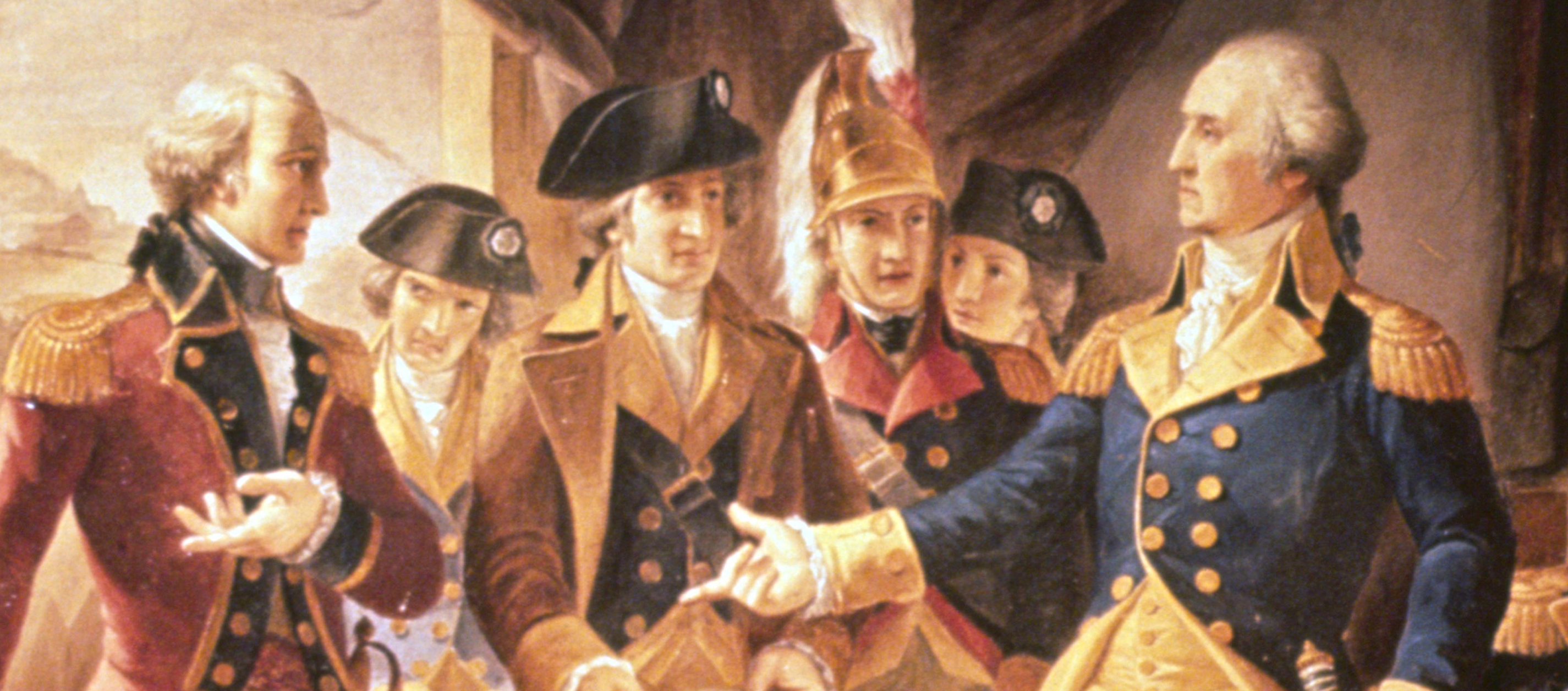

George Washington: The Reluctant Listener
Warwick Fairfax
January 23, 2019
Many of us find it hard to listen, especially when our minds are made up on a course of action. Leaders often find it hard to listen to their team when they are convinced they know what to do. “Stop holding me up! We need to move now!” We might have heard this before or even been the one saying this. But great leaders do listen to those around them. Their team will often have skills and experience that they don’t have.
George Washington was a great example of a leader who was impatient and wanted things to happen yesterday. Yet, albeit reluctantly, he listened to his team of commanders, many of whom had more military experience than he did.
From the latter half of 1775 to early 1776, Washington lay siege to the British forces in Boston. Time and again, he wanted to take the fight to the enemy and capture Boston. Each time, his key commanders said it wasn’t time. Washington was certainly frustrated, but each time he listened to his commanders.
In 1775, Boston was almost an island, connected to the mainland by a narrow causeway or neck. While the American forces barricaded the neck, the British were in something of an impregnable fortress.
Washington’s troops were not in great shape. As time wore on toward the end of the year, some were absent or sick. There were shortages of blankets, tents, and clothing. To make matters worse, many soldiers had enlisted until the end of the year of 1775, when it was assumed many would leave. While Washington did have some military experience, he had not led an army into battle. His experience and ability were not at the same level as his adversary, British General William Howe. Though perhaps a bit complacent, Howe was an able and courageous general. Washington’s army of volunteers was up against the might of the British army. This was not going to be easy.
Between September 1775 and February 1776, Washington convened four councils of war with his leading commanders. These commanders included experienced former British officers in Major General Charles Lee and Brigadier Horatio Gates. At each council, Washington would call for an all-out attack – but each time his commanders unanimously agreed not to attack. In February 1776, Colonel Henry Knox had somewhat miraculously brought 58 mortars and cannons from Fort Ticonderoga, New York, to the Boston area. Washington again wanted to attack the British in Boston, but still his commanders said no. Can you imagine how frustrated Washington must have been?
Little did Washington know, but his commanders had a daring and brilliant plan. In the dead of night on March 4, 1776, Washington’s commanders had over 3,000 troops, along with at least twenty cannons, scale the Dorchester Heights overlooking Boston and its harbor. By morning, the British were faced with American forces and cannons that could strike right into Boston and potentially fire upon the British ships in the harbor. The British position was untenable. British General Howe said, “My God, these fellows have done more work in one night than I could make my army do in three months.” That night the British were forced to leave with 120 ships carrying more than 11,000 troops, loyalists, and their families to Canada. Washington had achieved a bold and brilliant victory.
What can we learn from George Washington about listening and, in particular, listening to those around us? Washington was an impatient man with a fiery temper. He obviously wanted to capture Boston as quickly as possible, but when faced with the united opposition of his team, he wisely, if reluctantly, listened. To have attacked before he had the right equipment and the right strategy would have been foolish. Washington was up against an able opponent in British General Howe who had more battlefield command experience than he did. Washington, with good judgment, forced himself to be patient and listen to his team of able commanders.
For us, we may be convinced we know what we should do, yet we are often faced with challenging circumstances where mistakes can be costly. Listening to those around us, in some cases our team, will add perspectives and knowledge that we simply don’t have. No one can possibly have all the answers.
To put it simply, listening is typically the right play. Why wouldn’t we want to listen to people with knowledge and expertise that we don’t have?
Reflection
What can we learn from Washington and his ability to control his natural impatience?
What can we learn from how Washington listened to his team?
Can you think of a time you listened to those around you instead of yourself and it paid off?

